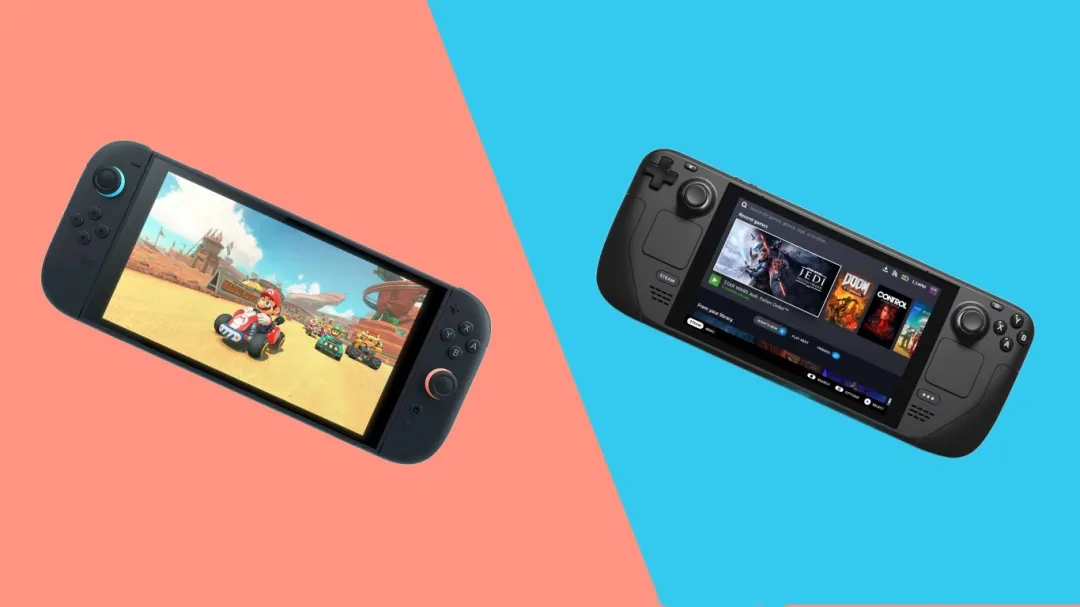Can Netflix’s Too Hot to Handle Games Revive Trust in Mobile Apps

In Los Angeles, the recent release of Netflix’s Too Hot to Handle mobile games has caught the attention of digital entertainment observers and consumers alike. These games, tied to the popular reality series, diverge sharply from the saturated freemium market that often overwhelms users with persistent advertisements and aggressive microtransactions.
Industry analysts highlight that Too Hot to Handle mobile titles have been purposefully designed with a balanced economy that emphasizes player engagement over monetization pressure. By minimizing intrusive ads and allowing a more seamless player experience, these games challenge the prevailing model where user fatigue with microtransactions has grown significantly.
According to Dr. Emma Caldwell, a prominent scholar in media influence at the University of Southern California, ‘Netflix’s approach reflects a meaningful shift towards respecting the player’s time and investment, which could signal a broader industry recalibration.’ She adds that such models may encourage other developers to rethink game monetization strategies.
User testimonials support this view, describing Too Hot to Handle games as a ‘breath of fresh air’ amidst a sea of variants designed primarily to extract revenue through ads or constant in-app purchases. The games reaffirm that quality content and ethical monetization are not mutually exclusive.
As the gaming community continually navigates the challenges posed by aggressive microtransaction models, Netflix’s experiment with Too Hot to Handle mobile games resonates as a critical case study. It poses an important question: can the industry sustainably balance financial objectives with player satisfaction and ethical standards in the rapidly evolving digital landscape?






